Search Results for: Forests
Skip to resultsCan’t find what you’re looking for? Visit our FAQ page.
5,531 results for: Forests
-
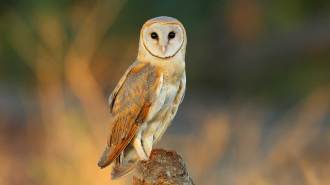 Animals
AnimalsVolcanic sulfur may make barn owls grow redder feathers
Barn owls on volcanic islands tend to have redder plumage than those on nonvolcanic islands, possibly due to an influx of sulfur in the environment.
By Jake Buehler -
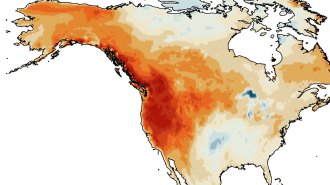 Climate
ClimateThe summer of 2021 was the Pacific Northwest’s hottest in a millennium
Tree ring data from the Pacific Northwest reveal that the region’s average summer temperature in 2021 was the highest since at least the year 950.
By Sid Perkins -
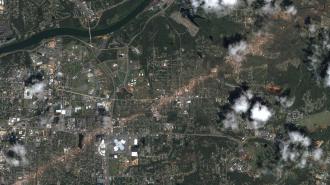 Environment
EnvironmentSatellite imagery reveals ‘hidden’ tornado tracks
Twisters that churn over barren landscapes leave scars that are invisible to human eyes but are detectable with infrared light.
-
 Life
LifeChemical signals from fungi tell bark beetles which trees to infest
As fungi break down defensive chemicals in trees, some byproducts act as signals to bark beetle pests, telling them which trees are most vulnerable.
By Freda Kreier -
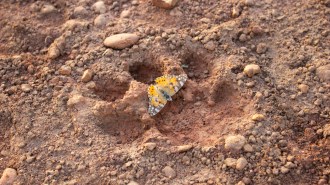 Animals
AnimalsThe last leg of the longest butterfly migration has now been identified
After a long journey across the Sahara, painted lady butterflies from Europe set up camp in central Africa to wait out winter and breed.
-
 Tech
TechA trick inspired by Hansel and Gretel could help rovers explore other worlds
Taking a cue from a classic fairy tale, scientists propose a way for rovers to send back data from treacherous terrain.
-
 Climate
ClimateHow an Indigenous community in Panama is escaping rising seas
The Indigenous Guna peoples' relocation from Panama could offer lessons for other communities threatened by climate change.
-

-
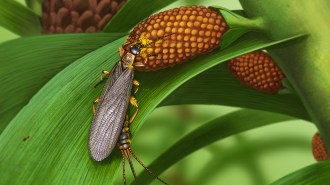 Paleontology
PaleontologyThe oldest known pollen-carrying insects lived about 280 million years ago
Pollen stuck to fossils of earwig-like Tillyardembia pushes back the earliest record of potential insect pollinators by about 120 million years.
By Sid Perkins -
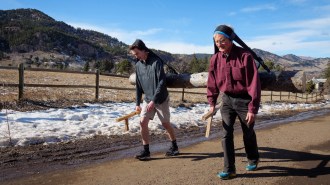 Anthropology
AnthropologyTwo scientists’ trek showed how people of Chaco Canyon may have hauled logs
By carrying a log with the aid of head straps called tumplines, the duo demoed how people may have hauled timbers to Chaco about 1,000 years ago.
-
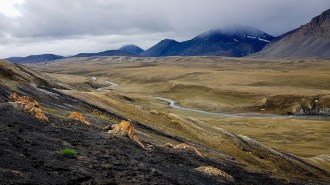 Life
LifeFossils suggest early primates lived in a once-swampy Arctic
Teeth and jawbones found on Ellesmere Island, Canada, suggest that two early primate species migrated there 52 million years ago.
By Freda Kreier -
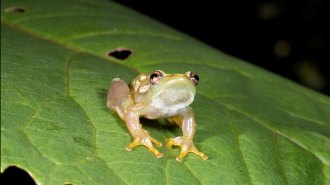 Animals
AnimalsA newfound ‘croakless’ frog may communicate via touch
A newly discovered frog species in Tanzania joins a rare group of frogs that don’t croak or ribbit.